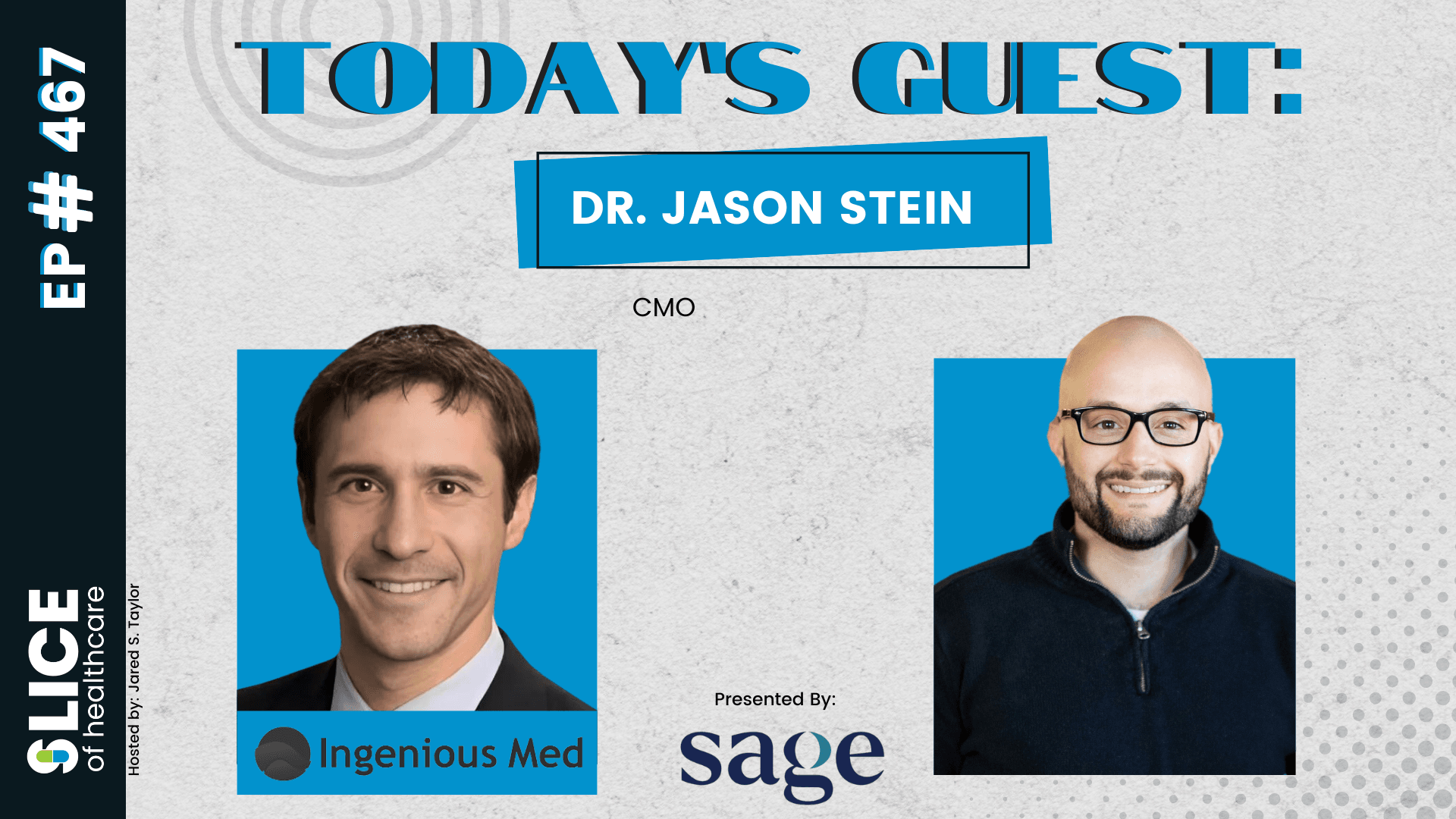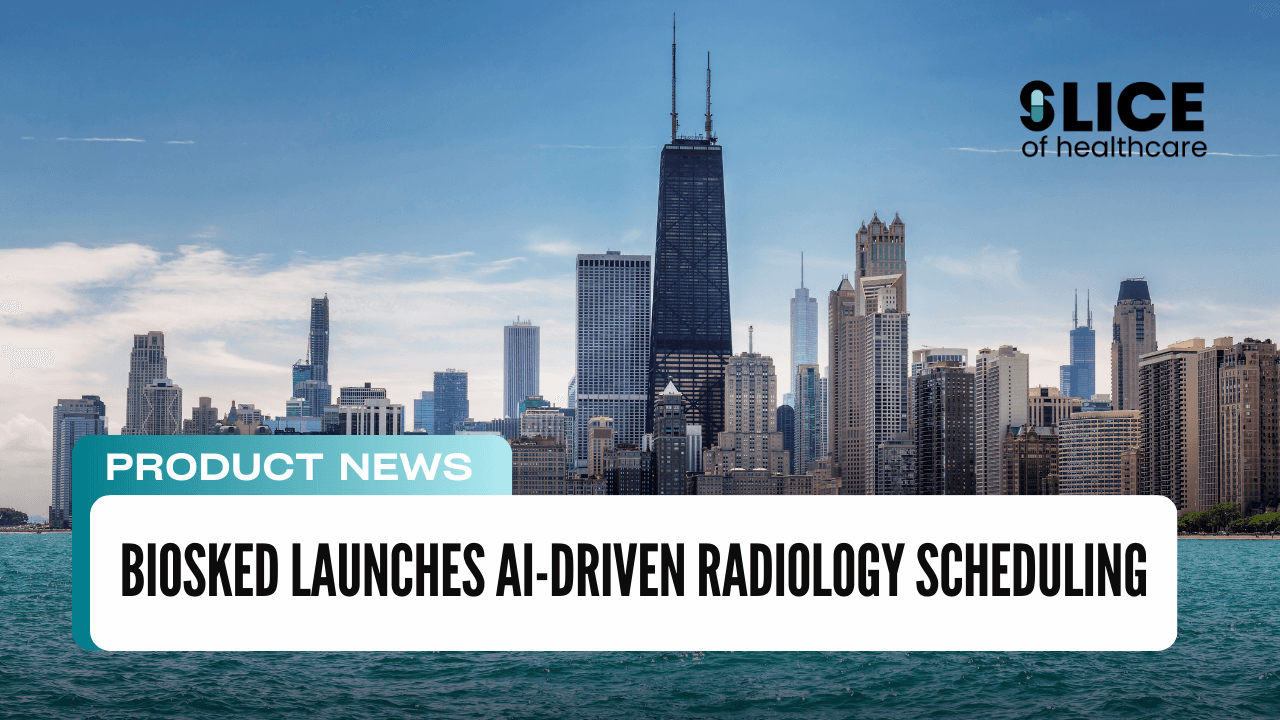
Episode Details: AI In Healthcare
Join us on the latest episode, hosted by Jared S. Taylor! Our Guest: Dr. Jason Stein, Chief Medical Officer at Ingenious Med. What you’ll get out of this episode:
- Shift from Optimism to Investment in AI: Financial leaders in healthcare are increasingly investing in AI for revenue cycle management, moving beyond optimism to actual implementation.
- Persistent Pain Points: Despite advancements in AI, issues like denials, underpayments, and uncompensated care remain challenges for physician practices.
- Revenue Leakage: Healthcare organizations are leaving an average of 11.4% of total revenue on the table due to coding issues and underperforming revenue cycle management solutions.
- High Expectations for AI: Financial leaders expect AI to provide significant improvements, with projections of up to 20% revenue growth over the next five years.
- Innovative Solutions Beyond AI: IngeniousMed introduces features like charge note reconciliation, using high-reliability science to improve revenue capture and reduce errors.
Watch
Listen
Read About AI In Healthcare
The Growing Role of AI in Revenue Cycle Management
Dr. Jason Stein, Chief Medical Officer of IngeniousMed, shared valuable insights on the future of revenue cycle management (RCM) during his recent discussion on the Slice of Healthcare podcast. Over the past year, financial leaders in healthcare have gone from a hopeful optimism about AI to making tangible investments in the technology. Dr. Stein highlighted that in just a year, the mindset has shifted significantly, with many physician practices now actively planning to integrate AI into their RCM processes. This shift is driven by the desire to reduce revenue leakage and improve efficiency.
Persistent Pain Points in Revenue Cycle Management
Despite these advancements, challenges such as denials, underpayments, and high volumes of uncompensated care continue to strain physician practices. Dr. Stein pointed out that U.S. physicians face $370 billion in uncompensated care annually, which makes it increasingly difficult for healthcare organizations to thrive. As insurance companies continue to underpay or deny claims, practices are left with the burden of navigating complex reimbursement systems.
Addressing Revenue Leakage Through AI
One of the most significant findings from IngeniousMed's research is the staggering amount of revenue left on the table—around 11.4%—due to coding errors and underperforming RCM solutions. This loss underscores the importance of optimizing revenue capture. AI has the potential to play a critical role in addressing these issues by enhancing coding accuracy and minimizing human error. However, Dr. Stein cautions that while AI offers immense promise, it won't eliminate all challenges—much like any other solution, it will solve many problems but not all.
AI’s High Expectations and Impact on the Future
Financial leaders are optimistic about AI’s potential, with 73% expecting AI to be widespread in RCM within the next five years. Furthermore, many expect AI-driven improvements to result in revenue uplifts of up to 20%. This optimism reflects the belief that AI can streamline processes such as coding, denials management, and payment processing, allowing healthcare organizations to reclaim lost revenue.
Innovations Beyond AI: High-Reliability Solutions
In addition to AI, Dr. Stein emphasized the importance of applying high-reliability principles to RCM. IngeniousMed has launched a feature called charge note reconciliation, which helps physicians and their teams identify and correct coding errors in real time. This solution, while not AI-powered, leverages proven production methodologies to improve accuracy and revenue capture. It’s a prime example of how healthcare organizations can benefit from both AI and non-AI innovations. As the healthcare industry continues to evolve, AI will undoubtedly play a crucial role in addressing long-standing challenges in revenue cycle management. However, as Dr. Stein noted, it’s essential to pair technological advancements with proven strategies to maximize efficiency and revenue outcomes. Finally, to learn more about our guest and their company please use the links below: - Guest LinkedIn - Company LinkedIn - Company Website - Also, be sure to follow Slice of Healthcare on our social channels: - Website - LinkedIn - Twitter - YouTube - Newsletter -


